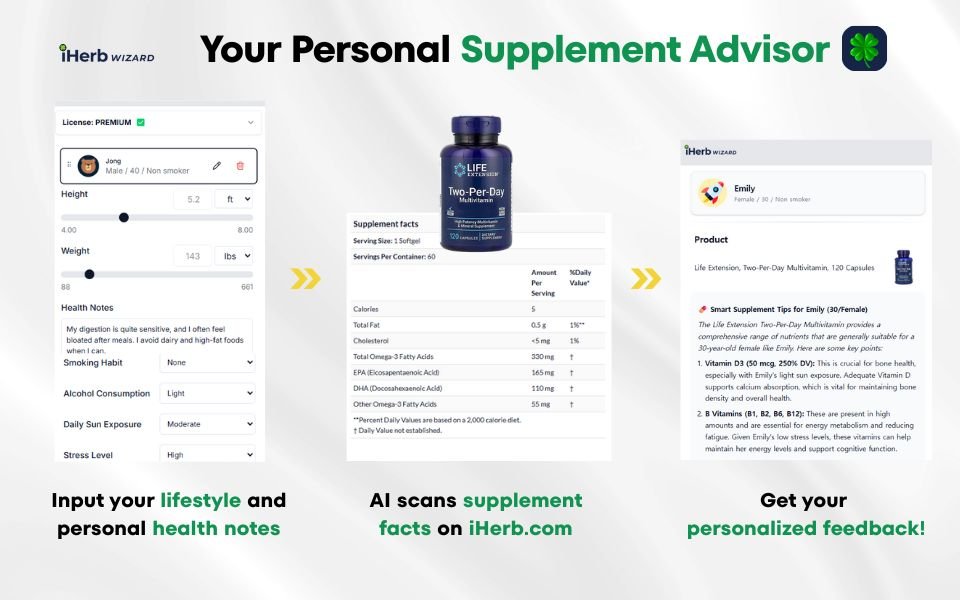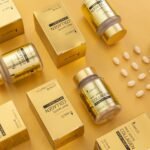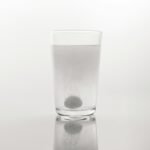Can Vitamin D Really Help Slow Down Aging?
We’ve all heard it before—vitamin D is essential for strong bones and a healthy immune system. But what if this vital nutrient could also help slow down the biological aging process?
New research suggests that daily vitamin D supplements may actually support better aging in some people. According to the team at Harvard Health, maintaining optimal levels of vitamin D might play a role not only in disease prevention but also in how quickly our bodies age on a cellular level.
Here’s where it gets fascinating: Scientists have found a link between vitamin D and something called epigenetic aging. This refers to changes in gene behavior over time—changes that can be influenced by diet, environment, and yes, even your vitamin intake. Think of epigenetics like the software that runs on your body’s hardware. The better the software, the smoother everything runs.
So, if you’re curious about whether taking vitamin D might help you feel and age better, keep reading. We’re breaking down what science currently says and what it might mean for your daily wellness routine.

How Does Vitamin D Impact Your Body’s “Biological Clock”?
First, let’s clear up a common misconception: your biological age isn’t the same as the number of birthdays you’ve had. Biological age reflects how well—or how poorly—your body is functioning relative to your actual age.
Recent studies have looked into how vitamin D levels affect genes linked to biological aging. Participants with healthy levels of vitamin D showed slower epigenetic aging compared to those who were deficient. That means people with adequate vitamin D had cells that, biologically speaking, appeared “younger.”
But how does vitamin D accomplish this?
Vitamin D acts like a hormone and affects over 1,000 different genes in your body. These include ones associated with:
- Inflammation regulation — decreasing harmful chronic inflammation
- Immune system function — aiding your body’s ability to fight infection
- Cell replication and repair — helping old cells regenerate properly
This is especially relevant for older adults and those who spend a lot of time indoors or live in areas with limited sunlight. As we age, our skin becomes less efficient at converting sunlight into vitamin D, which can speed up the aging process and affect our overall vitality.
And let’s not forget—low vitamin D levels have been linked to a variety of health risks including:
So maintaining healthy levels of vitamin D might be a smart way to invest in long-term health, energy levels, and vitality.


iHerbWizard analyzes your age, gender, and lifestyle factors to provide personalized feedback.
Start your 30-day free trial now
How Much Vitamin D Do You Need?
One size doesn’t fit all when it comes to vitamin D. While the current recommended daily allowance (RDA) for adults is 600 to 800 IU (International Units), some researchers argue that higher doses—closer to 2,000 IU daily—may offer greater health benefits, especially for optimizing biological age.
Here are a few ways to know if you’re getting enough:
- Sunlight exposure: Ideally, 10 to 30 minutes of sunlight a few times per week on bare skin
- Diet: Eating vitamin D-rich foods like fatty fish (salmon, tuna), egg yolks, fortified dairy, and orange juice
- Supplements: Daily vitamin D3 supplements are often recommended, especially during winter months or if you live in northern climates
But before you rush to the store, talk to your doctor. A simple blood test can check your vitamin D levels and help tailor a plan that’s right for you.
Also, it’s possible to take too much. Vitamin D toxicity can lead to issues like nausea, weakness, and even kidney damage. That’s why it’s crucial to find a healthy middle ground—not too little and not too much.

The Bottom Line: A Small Daily Step for Long-Term Benefits
It’s amazing how something as small as a once-a-day vitamin D supplement could help us age more gracefully from the inside out. While more studies are needed to confirm all of vitamin D’s anti-aging benefits, the research is certainly promising.
Think of vitamin D as an ally in your daily health routine. You already brush your teeth and (hopefully) drink plenty of water—why not add vitamin D to your list of simple wellness habits?
Here’s a quick recap of the key points:
- Vitamin D supports cell regeneration, immune function, and gene health
- People with optimal levels age more slowly on a biological level
- Vitamin D deficiency is common, especially in cooler climates or among older adults
A brighter, more energized future might just start with a small supplement. So next time you’re walking past the supplements aisle, think about adding vitamin D to your cart—and giving your body the extra boost it deserves.
Have you checked your vitamin D levels lately? If not, now may be the perfect time. Your future self will thank you.













